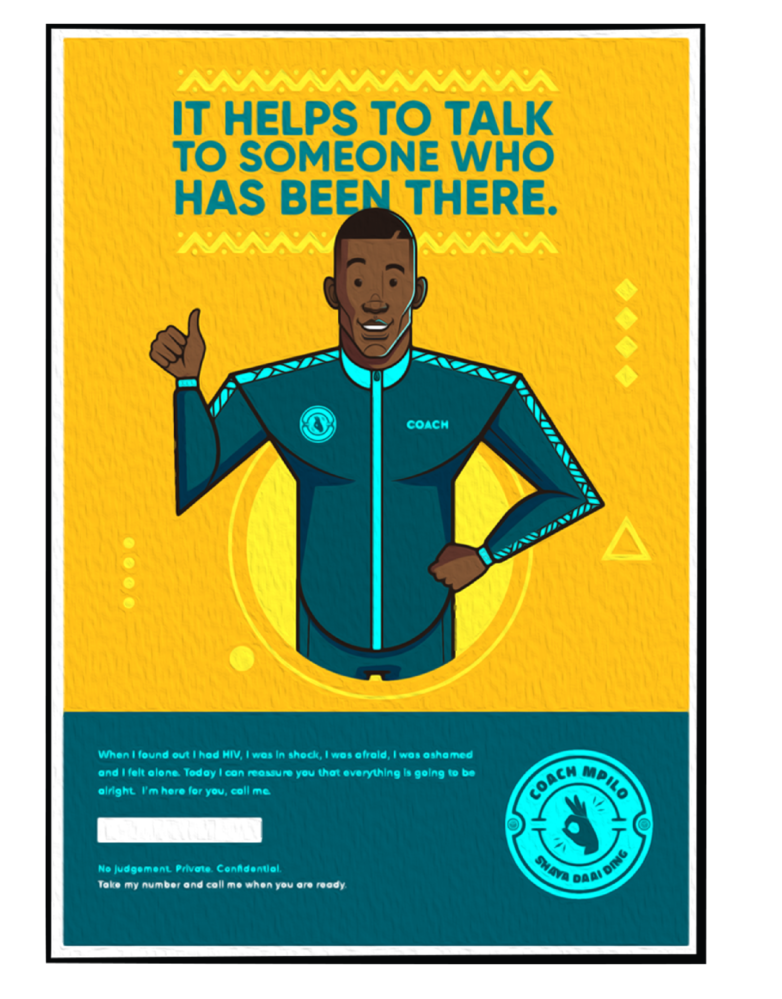Community Health Coaches

Community Health Coaches provide a new bridge between interpersonal/inter-community issues and the public health care system, with their priority always the community member’s care. Coaches become outboard partners for local healthcare facilities, trained to offer health seekers the emotional and specialized outreach health support that overburdened professionals wish to but feasibly and viably cannot.
Today, these types of coaches are being rolled out in vulnerable communities focused on burdens like HIV, diabetes, and cancer. Drawn from populations who are patients themselves, these peer-aligned coaches bring a “been there done this” credibility and empathy to the relationship. Currently programs are focused on care support for previously non-adherent community members, with programs like Coach Mpilo in South Africa pioneering this model’s wider impact on community health.
Tomorrow, the lifetime burden of adherence for NCD patients and providing patient support to overcome a community’s stigma and risk perceptions of communicable diseases are two key gaps where an innovative Community Health Coach can offer new solutions for empathetic care. New sustainability models could disrupt today’s funding paradigms. Coaches present a public/private partnership opportunity as a community resource independent from the health care system, with a value proposition worth paying for by communities and community members.
For Coaches to become a new link of care in the health-care system, there are challenges to consider.
Pilot programs highlight the need to recruit specialized coaches from patient pools with the right attitude and empathetic aptitude for this work, enhancing their value through training focused on self-actualization and counseling skills. This will require unique HR, training, quality control systems and motivational management support which must be funded.
Scarcity in public health resources serving growing populations in need means that success will depend on new models for sustainability. Design and management of Coaches will require a private sector culture and mind-set and this presents a challenge to integrate and partner with a bureaucratic public health system.
Shifting Coaches from an entitlement mentality to a private sector value proposition requires careful marketing and constant focus on generating exceptional health seeker satisfaction. Presenting Coaches as a value to the community will require reframing health from an individual issue to a communal concern and benefit, and this will require new M&E skills and communication language to transition.
Framing Coaches as opportunities is an early step to address these challenges:
-
How might we co-create Coach/seeker engagements with community members to address critical inter-personal and intra-personal health gaps?
-
How might we Coaches best partner with existing community public health facilities and staff?
-
How might we co-create highly efficient recruitment and management programs tailored to Coach outputs?
-
How might we measure, evaluate and learn from the impact of Coaches on community health issues like stigma and lack of access?